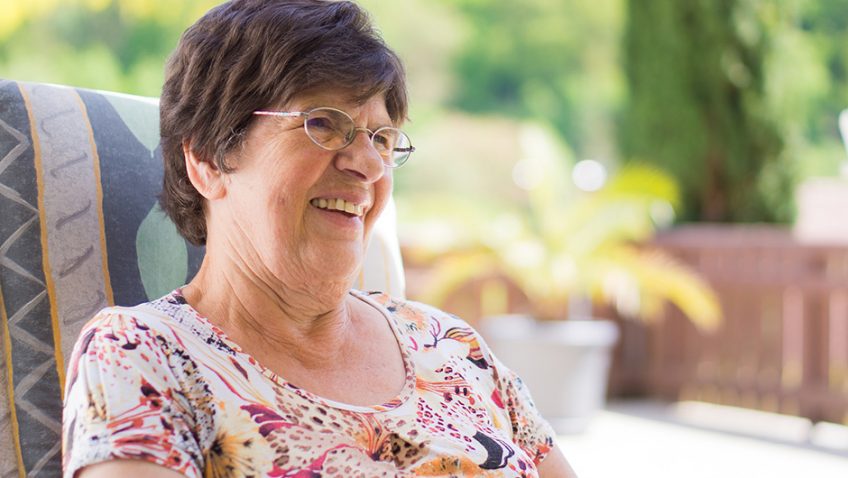Around 110,000 people in the UK have multiple sclerosis (MS) according to the charity the MS Trust.
Multiple sclerosis, a lifelong condition, affects the brain and spinal cord causing a wide range of potential symptoms, including problems with vision, arm or leg movement, sensation or balance. 75% of sufferers are women, and there is currently no cure.
Previously, MS sufferers were advised not to exercise. Since many people with MS experienced fatigue and found their symptoms worsened when hot, it was felt that it was best to avoid activities that could be seen as tiring.
However, regular, moderate exercise is now known to be an important part of maintaining good health and wellbeing for those with MS. In fact, there is evidence that it can help with many MS symptoms, and help shape a better quality of life.
A recent survey conducted by the MS Trust highlighted the positive impact exercise can have.Respondents listed improvements in their mental health, increased strength, and reduction in fatigue as the main benefits of staying active with MS.
One person who took part in the research who suffers with MS said ‘Staying active is good for the body and mind, it also makes me feel as though I’m being proactive regarding my own health.’
Another commented ‘Being active has been a lifeline for me. I firmly believe it has kept my symptoms under control.’
The MS Trust wants to promote the benefits of staying active for people with MS; encouraging the MS community to introduce activity – or continue it on a regular basis. Walking, swimming, wheelchair basketball, dance, yoga, gardening… it’s all about doing it your way.
The charity is also launching a series of accessible Pilates workouts, developed alongside a neuro-physiotherapist, which people can follow at home.
Paralympic swimmer Stephanie Millward MBE, who was diagnosed with MS aged 18, is supporting the MS Trust’s latest campaign. Stephanie commented ‘I fully support this incredible campaign as I know all too well the importance of activity. For me, it makes me so happy and positive but also keeps my MS symptoms in check. People will guess that I will advocate swimming and, of course, I do as I attempt to win an eleventh medal at my fourth Paralympic Games, in Tokyo 2020. But I am delighted to be given an opportunity to recommend to other people with MS, to try anything active that appeals and just see if it makes a difference.
‘Besides the pool, I use the gym three times a week, which I love and have a specific programme, but I have gained so much core-strength from a weekly horse-riding session (thanks to Riding for the Disabled) and only this year was I introduced to yoga. To anyone reading this, I urge you to try some exercise, no matter what it is. Following my MS diagnosis in 1999, I did nothing for the best part of eight years – literally nothing and suffered as a consequence – until I was persuaded to get back into a pool. Please try some gentle exercise and don’t make the same mistake I did for all those years!’
David Martin, CEO of the MS Trust, added ‘Research shows us that regular and moderate exercise has many benefits for people living with MS, both physically and mentally. We hope that by shining a spotlight on exercise during MS Awareness Week, we can encourage people with MS all over the UK to introduce a little activity into their daily routine.
‘We recognise that MS can affect people in many different ways and not everyone will be able to go for a run, get to a pool, or go to the gym, so our campaign is all about making exercise as accessible as possible.’





